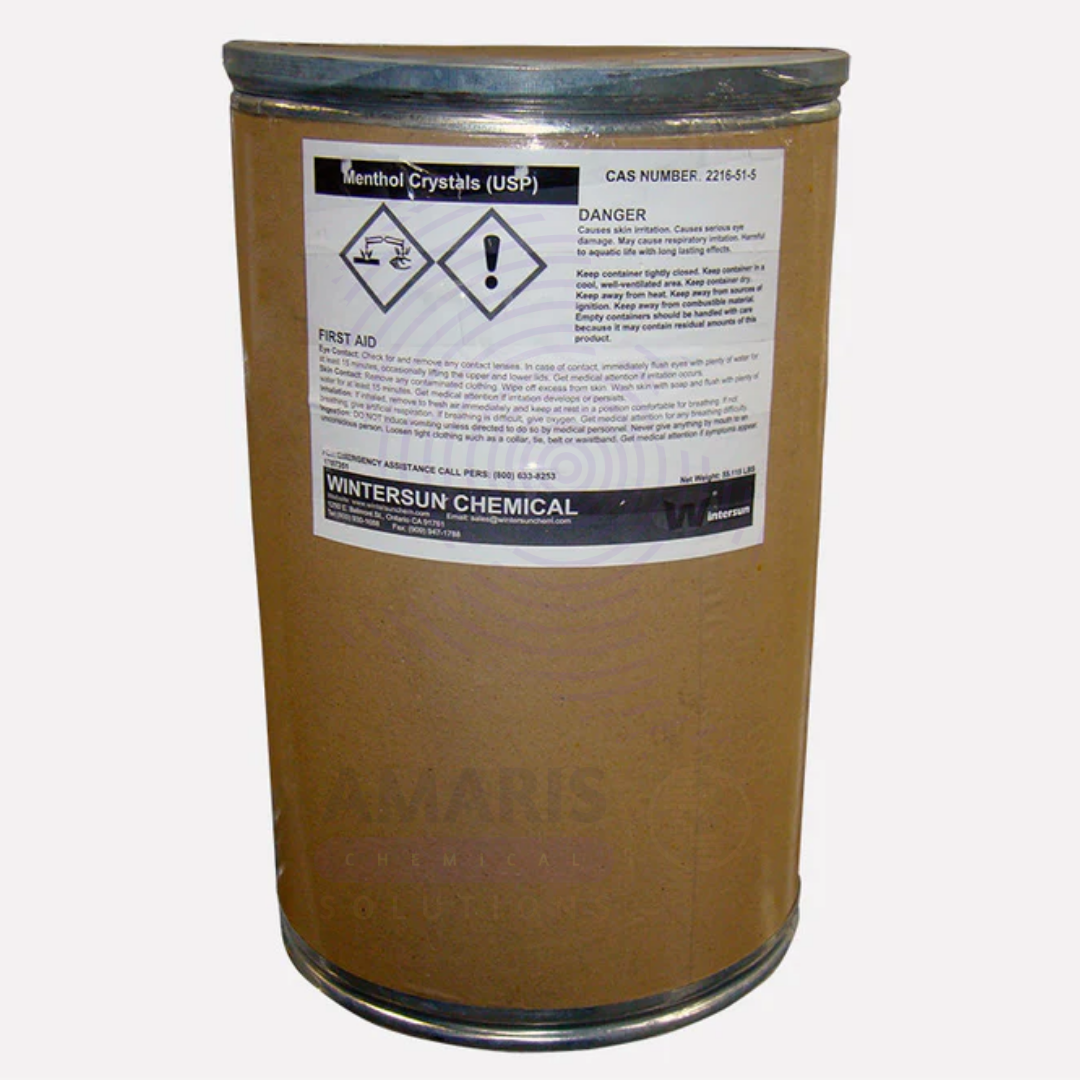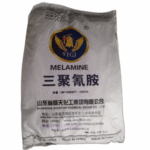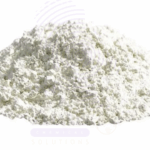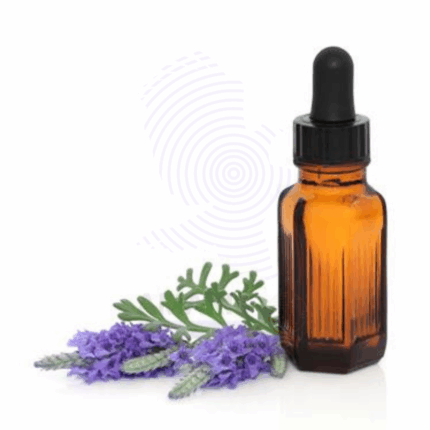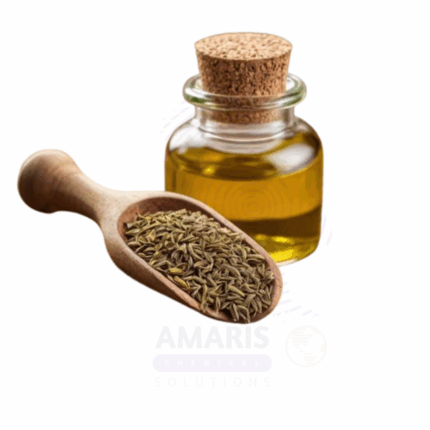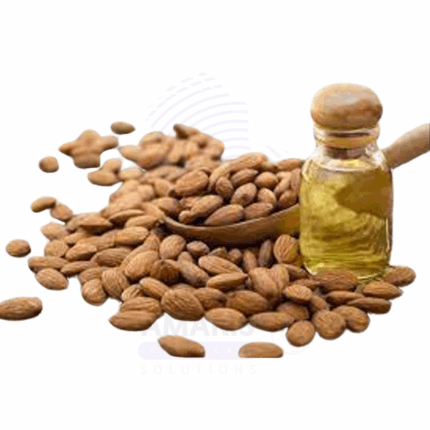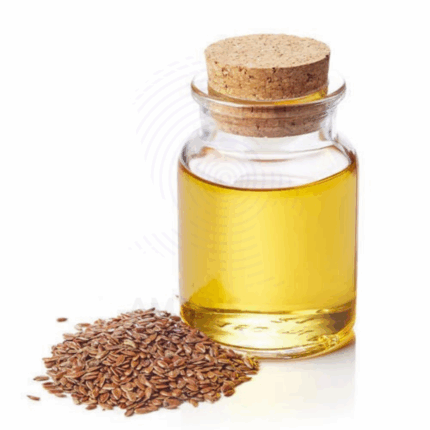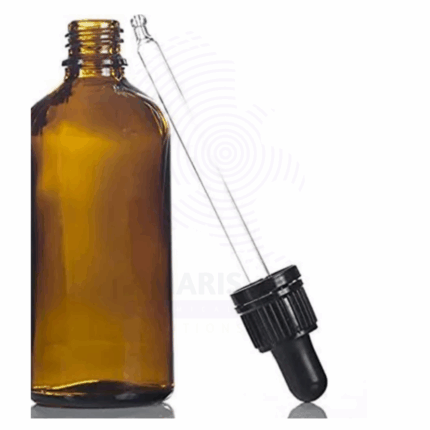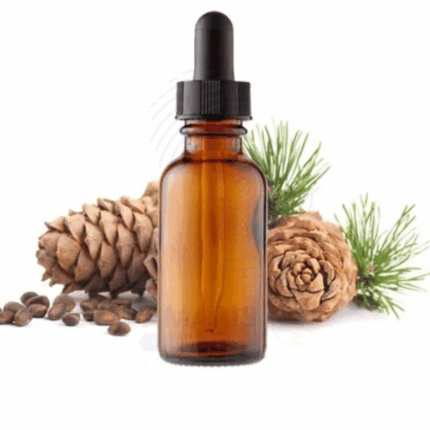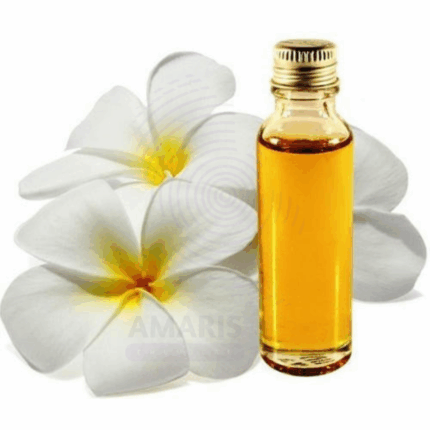Menthol crystals
Whatsapp Order
Menthol Crystals are natural organic compounds derived from peppermint or other mint oils, presenting as clear or white crystalline solids with a strong, cooling mint aroma. They possess analgesic, antiseptic, and flavoring properties. Widely used in pharmaceuticals, cosmetics, food, and personal care products, menthol crystals provide a refreshing cooling sensation and fragrance, enhancing product efficacy and consumer appeal.
Description
Table of Contents
Toggle
Menthol crystals
Primary Uses
- Pharmaceuticals
- Used as a topical analgesic in creams, ointments, and balms to relieve minor pain and itching.
- Incorporated in cough drops, throat lozenges, and inhalants for decongestant and soothing effects.
- Acts as an active ingredient in oral hygiene products like mouthwashes and toothpaste.
- Cosmetics and Personal Care
- Used in formulations of lip balms, shampoos, conditioners, and lotions for cooling and fragrance.
- Added to aftershaves and deodorants for refreshing and soothing effects.
- Food and Beverages
- Used as a flavoring agent in confectionery, chewing gums, candies, and beverages.
- Provides a cooling sensation enhancing taste experience.
- Aromatherapy and Fragrance
- Used in essential oils, candles, and air fresheners for a refreshing minty aroma.
- Applied in massage oils for cooling and stimulating effects.
Secondary Uses
- Insect Repellents
- Used as a natural insect repellent or combined with other active ingredients.
- Tobacco Industry
- Added to tobacco products and vaping liquids for minty flavor and cooling sensation.
- Industrial Applications
- Utilized in rubber and plastics as a scent additive.
- Veterinary Products
- Used in topical products for animals to provide cooling and insect-repelling effects.
KEY PRODUCT FEATURES
1. Basic Identification Attributes
- Chemical Name (IUPAC): (1R,2S,5R)-2-isopropyl-5-methylcyclohexanol
- Common/Trade Name: Menthol Crystals
- CAS Number: 2216-51-5
- HS Code: 2918.12.00
- Synonyms: Natural menthol; crystalline menthol
2. Physical & Chemical Properties
- Physical State: Solid crystalline flakes or needles
- Color & Odor: White to colorless crystals; strong minty aroma
- Melting Point: 42–44°C
- Solubility: Slightly soluble in water; soluble in ethanol, ether, and oils
- Density: Approx. 0.89 g/cm³
3. Safety & Hazard Attributes
- GHS Classification: Not classified as hazardous under normal handling
- Toxicity: Low toxicity; may cause skin irritation in sensitive individuals
- Exposure Limits: No specific occupational exposure limits
4. Storage & Handling Attributes
- Storage Conditions: Store in a cool, dry place, away from direct sunlight and heat
- Container Type: Supplied in sealed, airtight containers to preserve integrity
- Shelf Life: Typically 24 months if stored properly
- Handling Precautions: Use gloves if sensitive to skin irritation; avoid inhalation of dust
5. Regulatory & Compliance Attributes
- Complies with cosmetic, food-grade, and pharmaceutical standards
- Registered under relevant chemical and food safety regulations (e.g., REACH, FDA)
6. Environmental & Health Impact
- Biodegradability: Readily biodegradable
- Ecotoxicity: Low environmental impact when used as directed
- Bioaccumulation: Not expected to bioaccumulate
- Carcinogenicity/Mutagenicity: Not classified as carcinogenic
SAFETY HANDLING PRECAUTIONS
Safety Handling Precautions
- PPE Required: Gloves recommended if handling in large quantities
- Handling Guidelines: Use in well-ventilated areas; avoid dust generation and skin contact for sensitive individuals
- Storage Measures: Keep containers tightly closed and away from incompatible substances
First Aid Measures
- Inhalation: Move to fresh air if irritation occurs
- Skin Contact: Wash with soap and water; discontinue use if irritation develops
- Eye Contact: Rinse with plenty of water for at least 15 minutes; seek medical advice if irritation persists
- Ingestion: Rinse mouth; seek medical advice if large amounts ingested
Firefighting Measures
- Fire Hazards: Flammable solid
- Extinguishing Media: Use water spray, foam, dry chemical, or CO2 extinguishers
- Special Precautions: Avoid inhalation of smoke or fumes
- Hazardous Combustion Products: May produce carbon oxides and other toxic fumes
Related products
Abies Alba oil
Abies Alba Oil, also known as Silver Fir Needle Oil, is a high-purity essential oil extracted via steam distillation from the needles and twigs of the European Silver Fir (Abies alba). Native to the alpine forests of Europe, this oil is prized for its crisp, forest-fresh aroma and therapeutic versatility. Rich in naturally occurring monoterpenes such as alpha-pinene and bornyl acetate, Abies Alba Oil possesses purifying, anti-inflammatory, and antimicrobial qualities.
Its clean, invigorating scent supports respiratory wellness, emotional balance, and mental clarity, making it a popular ingredient in aromatherapy and spa products. It is also used extensively in cosmetic formulations for its deodorizing, skin-soothing, and aromatic effects. Abies Alba Oil is a natural solution for enhancing wellness and sensory experiences across multiple industries.
Abis Sibirica Oil
Abis Sibirica Oil, commonly referred to as Siberian Fir Needle Oil, is a premium-grade essential oil obtained through steam distillation of the needles and twigs of the Abies sibirica tree, native to Siberia and parts of Northern Europe. This oil is renowned for its crisp, woody, and resinous aroma with delicate balsamic undertones. Rich in natural compounds such as bornyl acetate, alpha-pinene, and limonene, Abies Sibirica Oil exhibits powerful antimicrobial, anti-inflammatory, and expectorant properties.
Used traditionally in wellness therapies and natural medicine, this oil supports respiratory comfort, emotional balance, and muscle relief. In modern applications, it serves as a natural fragrance and active ingredient in cosmetics, personal care products, spa treatments, and eco-friendly cleaning solutions. Its invigorating scent and therapeutic versatility make it a staple in essential oil formulations across multiple industries.
Ajowan oil
Ajowan Oil, also known as Ajwain Oil or Trachyspermum Ammi Oil, is an essential oil obtained by steam distillation of the seeds of the Trachyspermum ammi plant. With a strong, pungent, thyme-like aroma, Ajowan Oil is rich in thymol—a powerful compound known for its antiseptic, antimicrobial, and digestive properties. Traditionally used in Ayurvedic and Unani medicine, Ajowan Oil is valued today across food preservation, pharmaceuticals, and natural personal care formulations.
This oil exhibits broad-spectrum antimicrobial effects and is widely used in therapeutic balms, oral care, digestive tonics, and antiseptic blends. It also finds applications in fragrance formulations that benefit from its spicy, herbal character. Its potent biological activity makes it effective in natural pest control and disinfectant preparations.
Almond Bitter Oil
Almond Bitter Oil, derived from the kernels of bitter almonds (Prunus amygdalus var. amara), is an essential oil known for its sharp, nutty, and marzipan-like aroma. This oil is produced through steam distillation of crushed bitter almond kernels and contains a naturally occurring compound called benzaldehyde, which gives it its characteristic scent. In purified form (free of hydrogen cyanide), bitter almond oil is used in fragrance, flavoring, and pharmaceutical applications.
Due to its potent aroma and biochemical properties, it is widely used in perfumery, baked goods flavoring (in controlled quantities), aromatherapy, and traditional topical remedies. It is important to distinguish between natural bitter almond oil, which must be detoxified, and synthetic benzaldehyde, which is commonly used as a substitute in commercial formulations.
Ambrette Seed Oil
Ambrette Seed Oil is a rare, aromatic essential oil derived from the seeds of the Abelmoschus moschatus plant. Known for its rich, musky, slightly sweet, and floral scent, Ambrette Seed Oil is often considered a botanical alternative to animal-derived musk. It is widely prized in high-end perfumery, natural cosmetic formulations, and aromatherapy for its warm, sensual, and long-lasting aroma.
This oil is rich in ambrettolide and farnesol, compounds that lend it a delicate musky note without the synthetic harshness of artificial musks. Ambrette Seed Oil is non-toxic and safe for topical use when diluted, making it ideal for fine fragrances, massage oils, and therapeutic blends.
Basil Exotic oil
Basil Exotic Oil is a steam-distilled essential oil extracted from the leaves of the Ocimum basilicum plant, specifically cultivated for its high linalool and methyl chavicol (estragole) content. Known for its sweet, herbaceous, and slightly spicy aroma, Basil Exotic Oil offers powerful aromatic and therapeutic properties. It is widely used in perfumery, cosmetics, personal care products, and aromatherapy for its stimulating, clarifying, and refreshing effects.
The oil’s high potency and distinctive scent make it a preferred choice in high-end fragrances, hair care products, and massage blends. It is also appreciated for its antibacterial, antifungal, and anti-inflammatory characteristics, making it valuable in natural wellness and skincare formulations.
Cedarwood Oil
Cedarwood Oil is an essential oil extracted primarily through steam distillation of the wood, stumps, or sawdust of various cedar tree species, most commonly Cedrus atlantica, Juniperus virginiana, or Cedrus deodara. It features a warm, woody, balsamic aroma with subtle earthy notes. Rich in sesquiterpenes and cedrol, Cedarwood Oil is widely valued for its calming, antiseptic, insecticidal, and anti-inflammatory properties. It finds diverse applications in cosmetics, aromatherapy, natural perfumery, household cleaning, and agricultural pest control. Its grounding scent and skin benefits make it a common base note in personal care and wellness formulations.
Michelia Flower Oil
Michelia Flower Oil is an essential oil extracted through steam distillation or solvent extraction from the flowers of Michelia species (e.g., Michelia champaca, Michelia alba). Known for its rich, floral, and slightly fruity aroma, it is widely used in perfumery, aromatherapy, and traditional medicine. The oil is prized for its therapeutic properties and as a natural fragrance ingredient.


 Preservatives(food)
Preservatives(food) Flavor Enhancers
Flavor Enhancers Acidulants
Acidulants Sweeteners
Sweeteners Antioxidants
Antioxidants Colorants(food)
Colorants(food) Nutraceutical Ingredients (food)
Nutraceutical Ingredients (food) Nutrient Supplements
Nutrient Supplements Emulsifiers
Emulsifiers
 Collectors
Collectors Dust Suppressants
Dust Suppressants Explosives and Blasting Agents
Explosives and Blasting Agents Flocculants and Coagulants
Flocculants and Coagulants Frothers
Frothers Leaching Agents
Leaching Agents pH Modifiers
pH Modifiers Precious Metal Extraction Agents
Precious Metal Extraction Agents
 Antioxidants(plastic)
Antioxidants(plastic) Colorants (Pigments, Dyes)
Colorants (Pigments, Dyes) Fillers and Reinforcements
Fillers and Reinforcements Flame Retardants
Flame Retardants Monomers
Monomers Plasticizers
Plasticizers Polymerization Initiators
Polymerization Initiators Stabilizers (UV, Heat)
Stabilizers (UV, Heat)
 Antifoaming Agents
Antifoaming Agents Chelating Agents
Chelating Agents Coagulants and Flocculants
Coagulants and Flocculants Corrosion Inhibitors
Corrosion Inhibitors Disinfectants and Biocides
Disinfectants and Biocides Oxidizing Agents
Oxidizing Agents pH Adjusters
pH Adjusters Scale Inhibitors( water)
Scale Inhibitors( water)
 Antioxidants(cosmetic)
Antioxidants(cosmetic) Emollients
Emollients Fragrances and Essential Oils
Fragrances and Essential Oils Humectants
Humectants Preservatives
Preservatives Surfactants(cosmetic)
Surfactants(cosmetic) Thickeners
Thickeners UV Filters
UV Filters
 Fertilizers
Fertilizers Soil Conditioners
Soil Conditioners Plant Growth Regulators
Plant Growth Regulators Animal Feed Additives
Animal Feed Additives Biostimulants
Biostimulants Pesticides (Herbicides, Insecticides, Fungicides)
Pesticides (Herbicides, Insecticides, Fungicides)
 Active Pharmaceutical Ingredients (APIs)
Active Pharmaceutical Ingredients (APIs) Excipients
Excipients Solvents(pharmaceutical)
Solvents(pharmaceutical) Antibiotics
Antibiotics Antiseptics and Disinfectants
Antiseptics and Disinfectants Vaccine Adjuvants
Vaccine Adjuvants Nutraceutical Ingredients (pharmaceutical)
Nutraceutical Ingredients (pharmaceutical) Analgesics & Antipyretics
Analgesics & Antipyretics
 Analytical Reagents
Analytical Reagents Solvents(lab)
Solvents(lab) Chromatography Chemicals
Chromatography Chemicals Spectroscopy Reagents
Spectroscopy Reagents microbiology-and-cell-culture-reagents
microbiology-and-cell-culture-reagents Molecular Biology Reagents
Molecular Biology Reagents Biochemical Reagents
Biochemical Reagents Inorganic and Organic Standards
Inorganic and Organic Standards Laboratory Safety Chemicals
Laboratory Safety Chemicals Specialty Laboratory Chemicals(Special Laboratory Equipment)
Specialty Laboratory Chemicals(Special Laboratory Equipment)
 Demulsifiers
Demulsifiers Hydraulic Fracturing Fluids
Hydraulic Fracturing Fluids Scale Inhibitors(oil)
Scale Inhibitors(oil) Surfactants(oil)
Surfactants(oil) Drilling Fluids
Drilling Fluids
 Dyes and Pigments
Dyes and Pigments Bleaching Agents
Bleaching Agents Softening Agents
Softening Agents Finishing Agents
Finishing Agents Antistatic Agents
Antistatic Agents
 Admixtures
Admixtures Waterproofing Agents
Waterproofing Agents Sealants and Adhesives
Sealants and Adhesives Curing Compounds
Curing Compounds Concrete Repair Chemicals
Concrete Repair Chemicals Anti-Corrosion Coatings
Anti-Corrosion Coatings
 Surfactants(cleaning)
Surfactants(cleaning) Builders
Builders Enzymes
Enzymes Solvents (Cleaning)
Solvents (Cleaning) Fragrances
Fragrances
 Electronic Chemicals
Electronic Chemicals Catalysts
Catalysts Lubricants
Lubricants Photographic Chemicals
Photographic Chemicals Refrigerants
Refrigerants Automotive chemicals
Automotive chemicals Pyrotechnic Chemicals
Pyrotechnic Chemicals
 Biodegradable Surfactants
Biodegradable Surfactants Bio-based Solvents
Bio-based Solvents Renewable Polymers
Renewable Polymers Carbon Capture Chemicals
Carbon Capture Chemicals Wastewater Treatment Chemicals
Wastewater Treatment Chemicals
 Pigments
Pigments Solvents(paint)
Solvents(paint) Specialty Coatings
Specialty Coatings Binders/Resins
Binders/Resins Additives
Additives Driers
Driers Anti-Corrosion Agents
Anti-Corrosion Agents Functional Coatings
Functional Coatings Application-Specific Coatings
Application-Specific Coatings
 Leavening Agents
Leavening Agents Dough Conditioners
Dough Conditioners Flour Treatments
Flour Treatments Fat Replacers
Fat Replacers Decoratives
Decoratives Preservatives(baking)
Preservatives(baking)
 Plasticizers & Softeners
Plasticizers & Softeners Reinforcing Agents
Reinforcing Agents Adhesion Promoters
Adhesion Promoters Vulcanizing Agents
Vulcanizing Agents Antidegradants
Antidegradants Blowing Agents
Blowing Agents Fillers & Extenders
Fillers & Extenders Accelerators & Retarders
Accelerators & Retarders